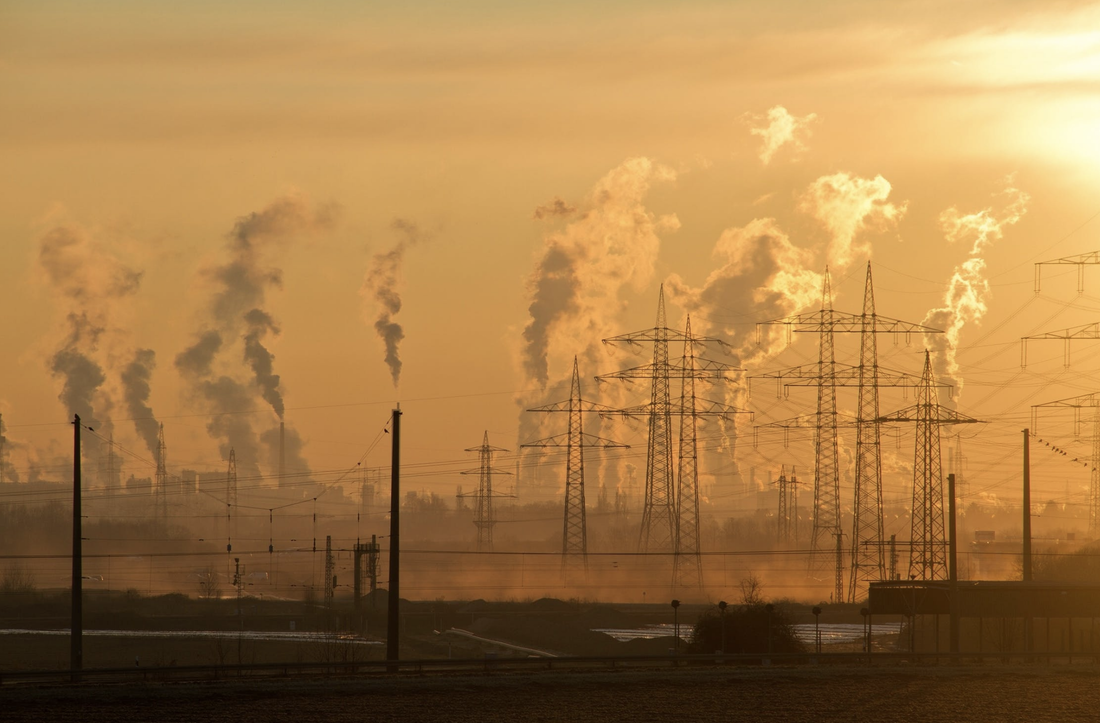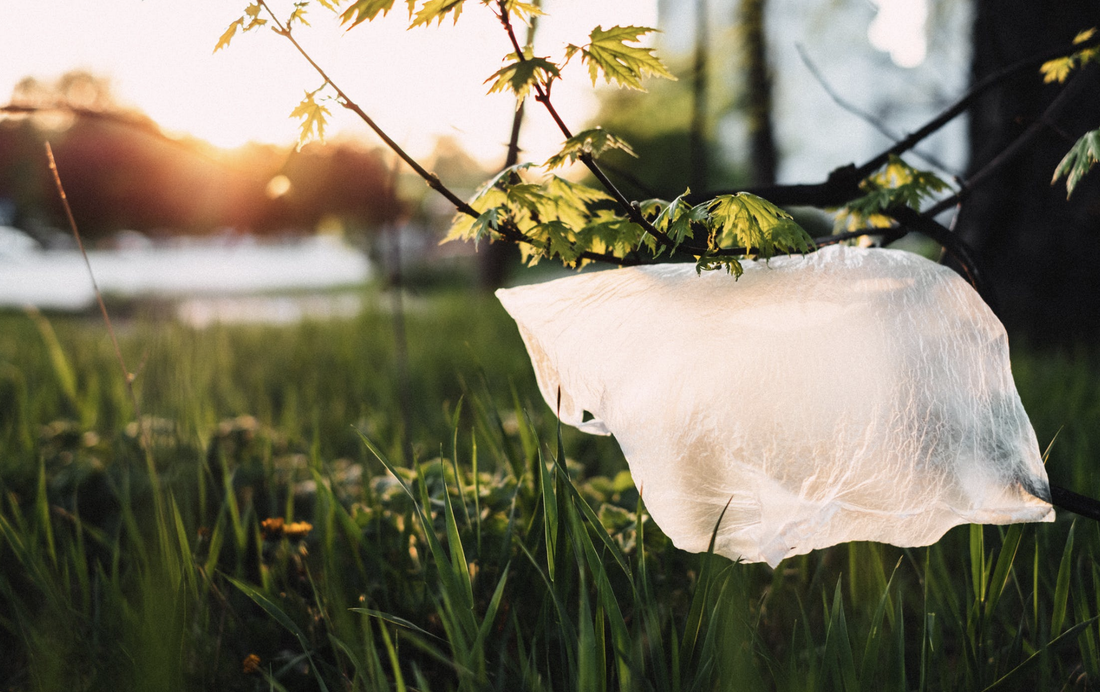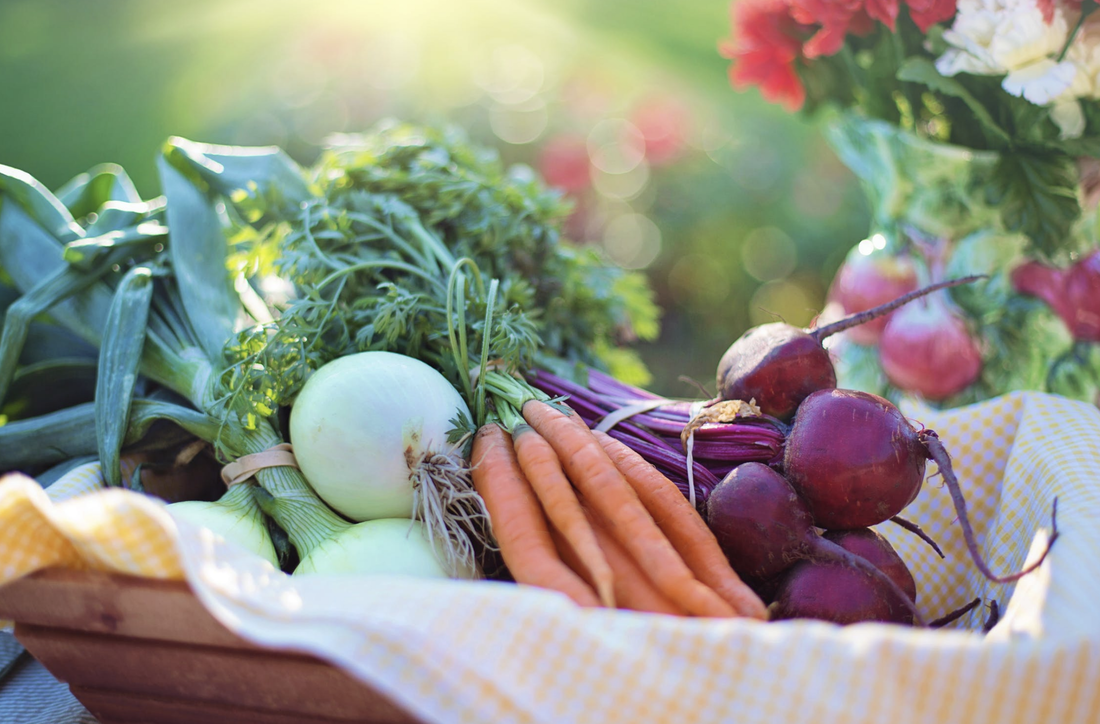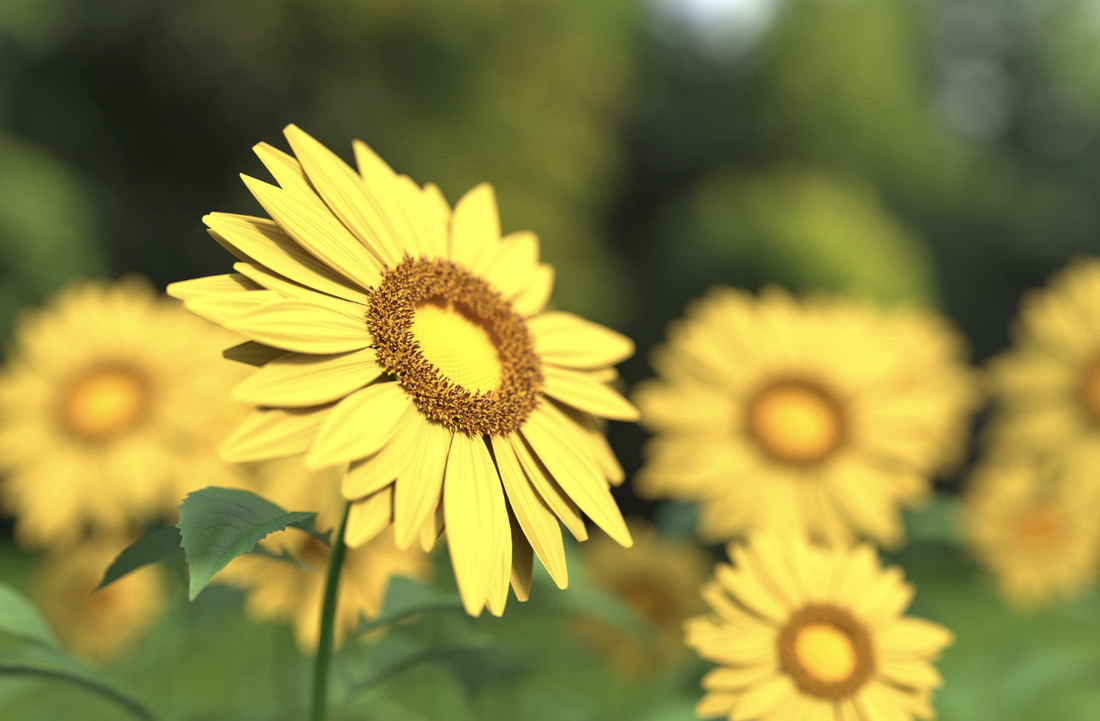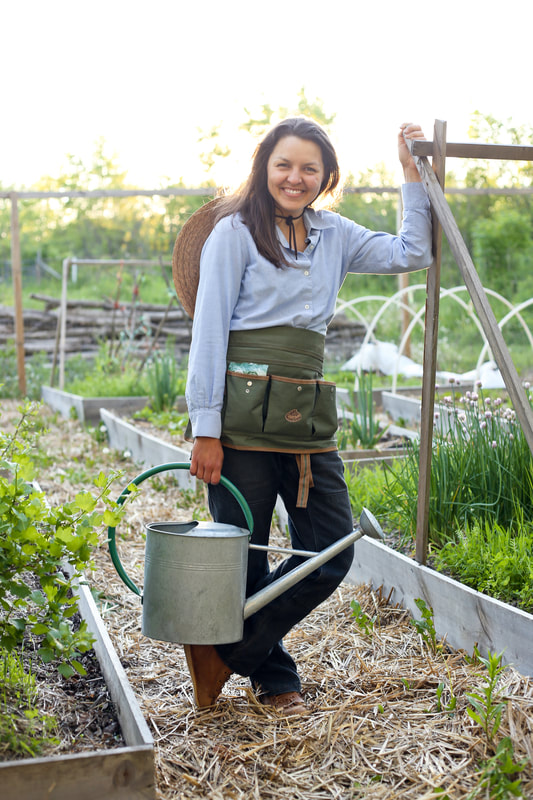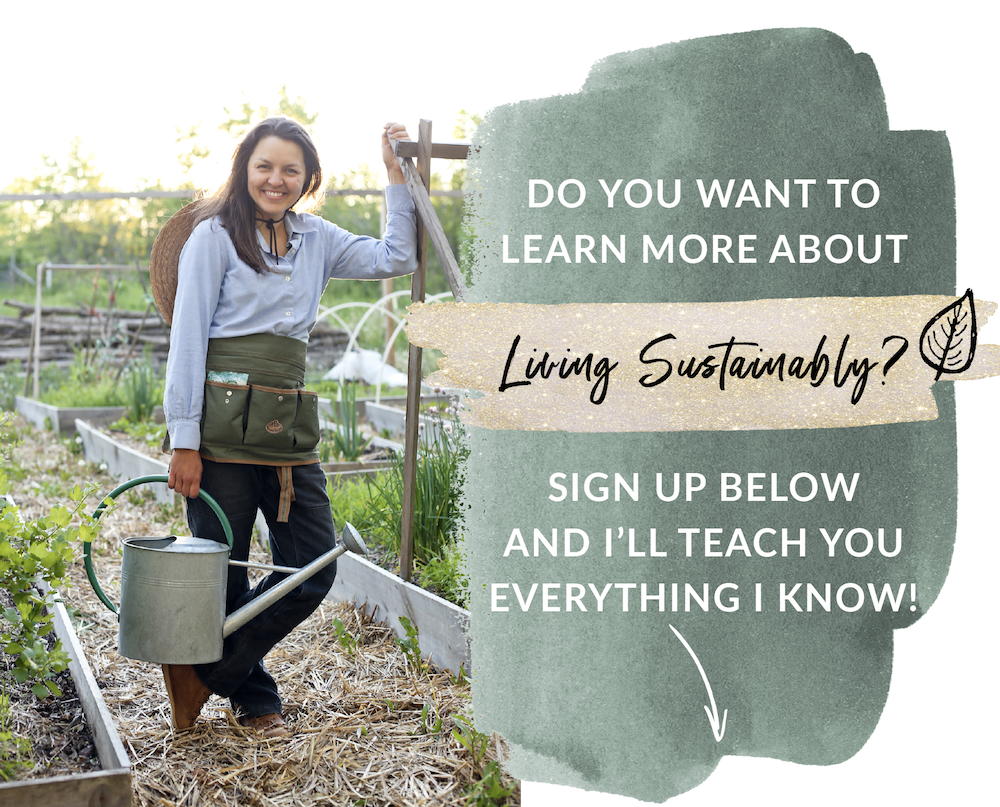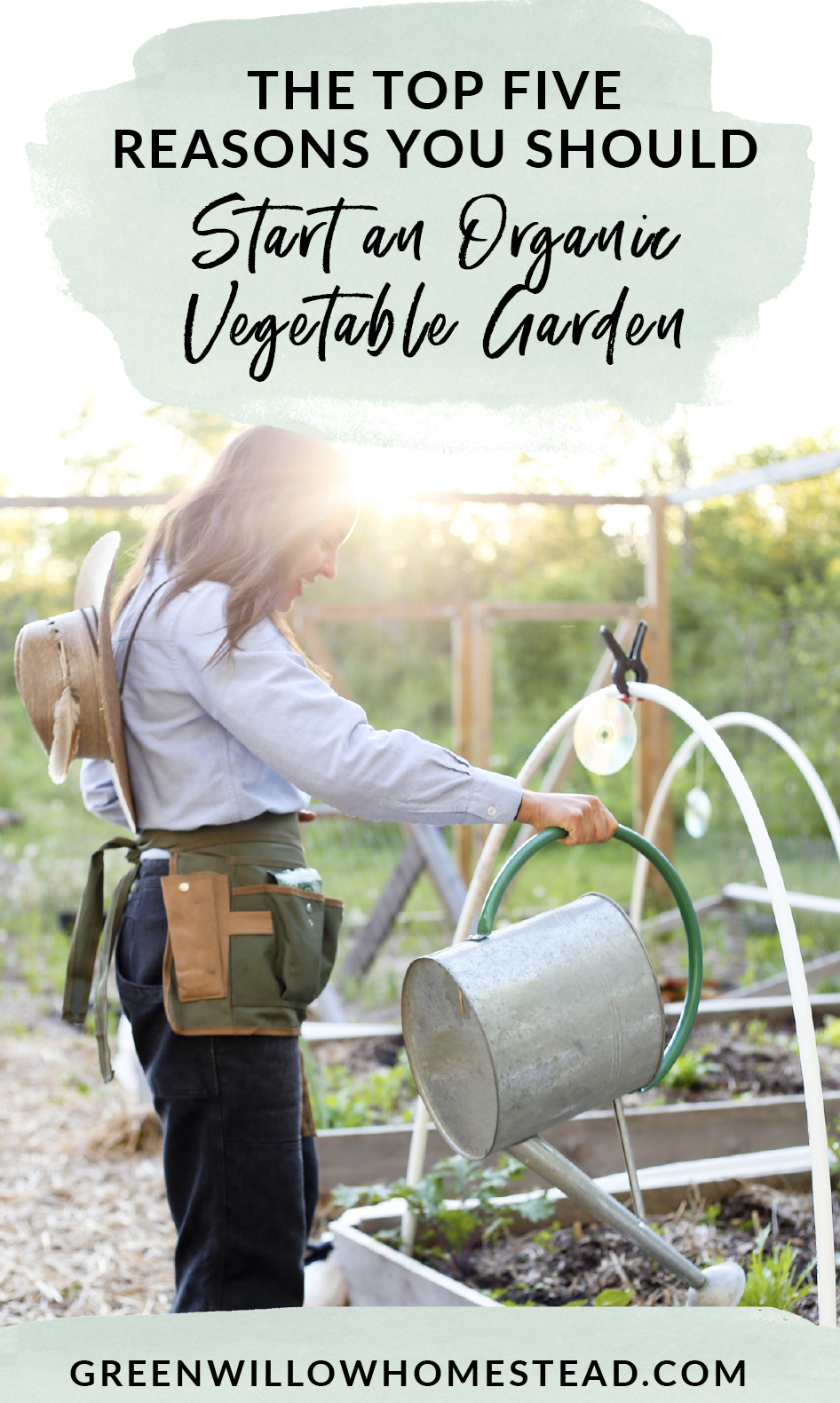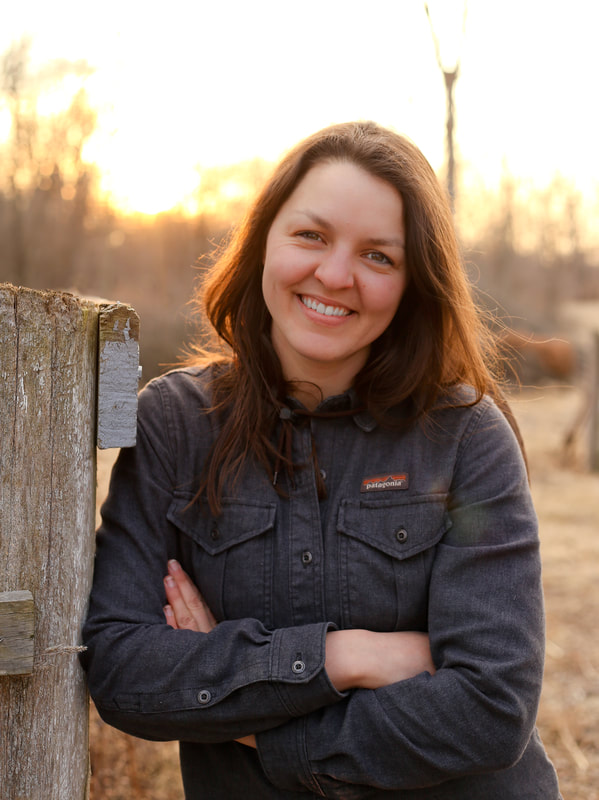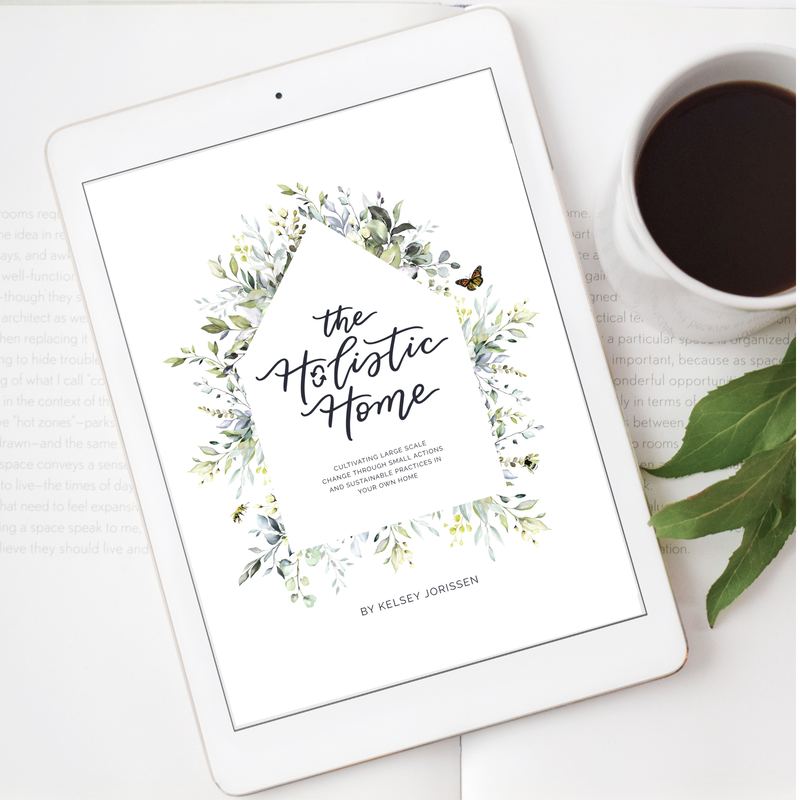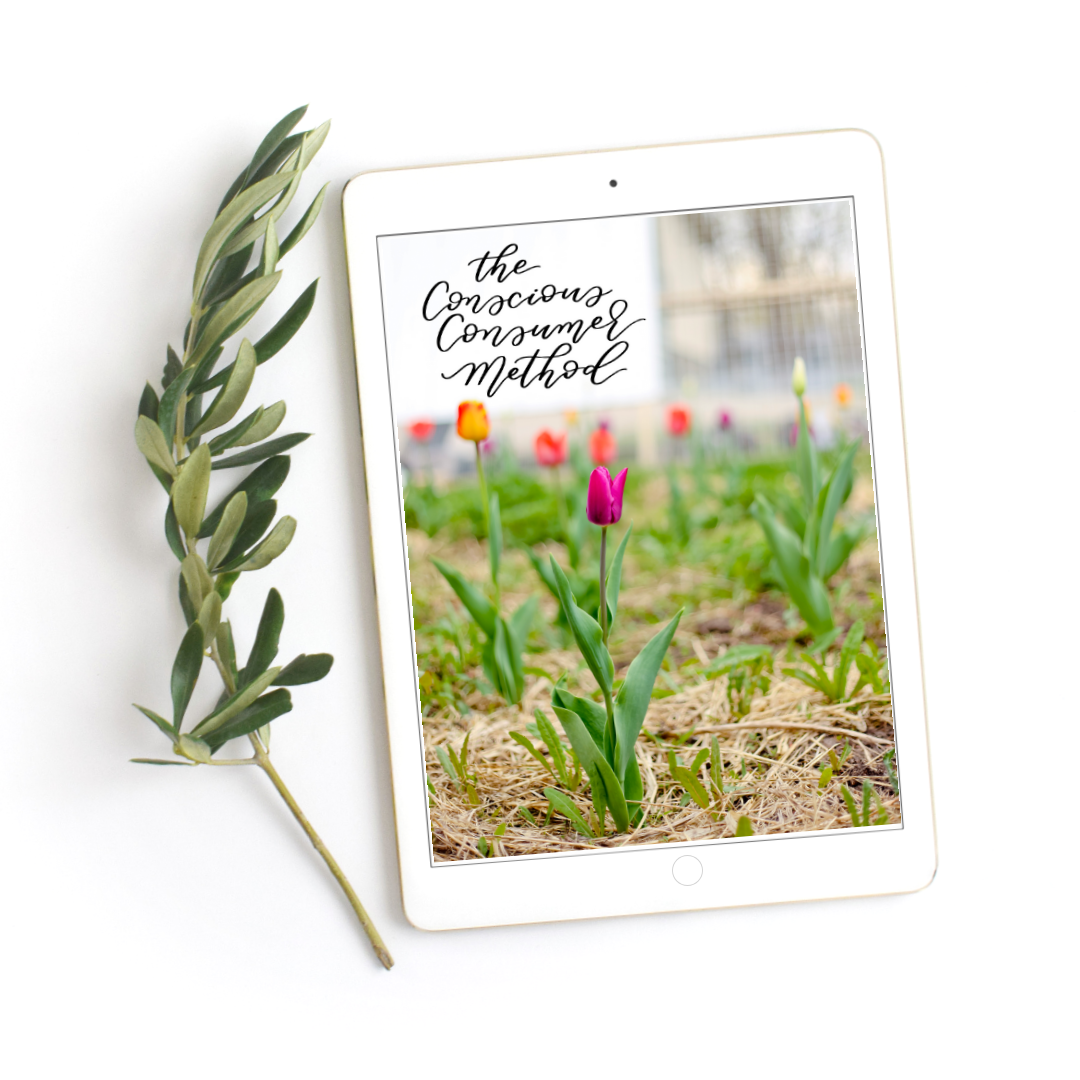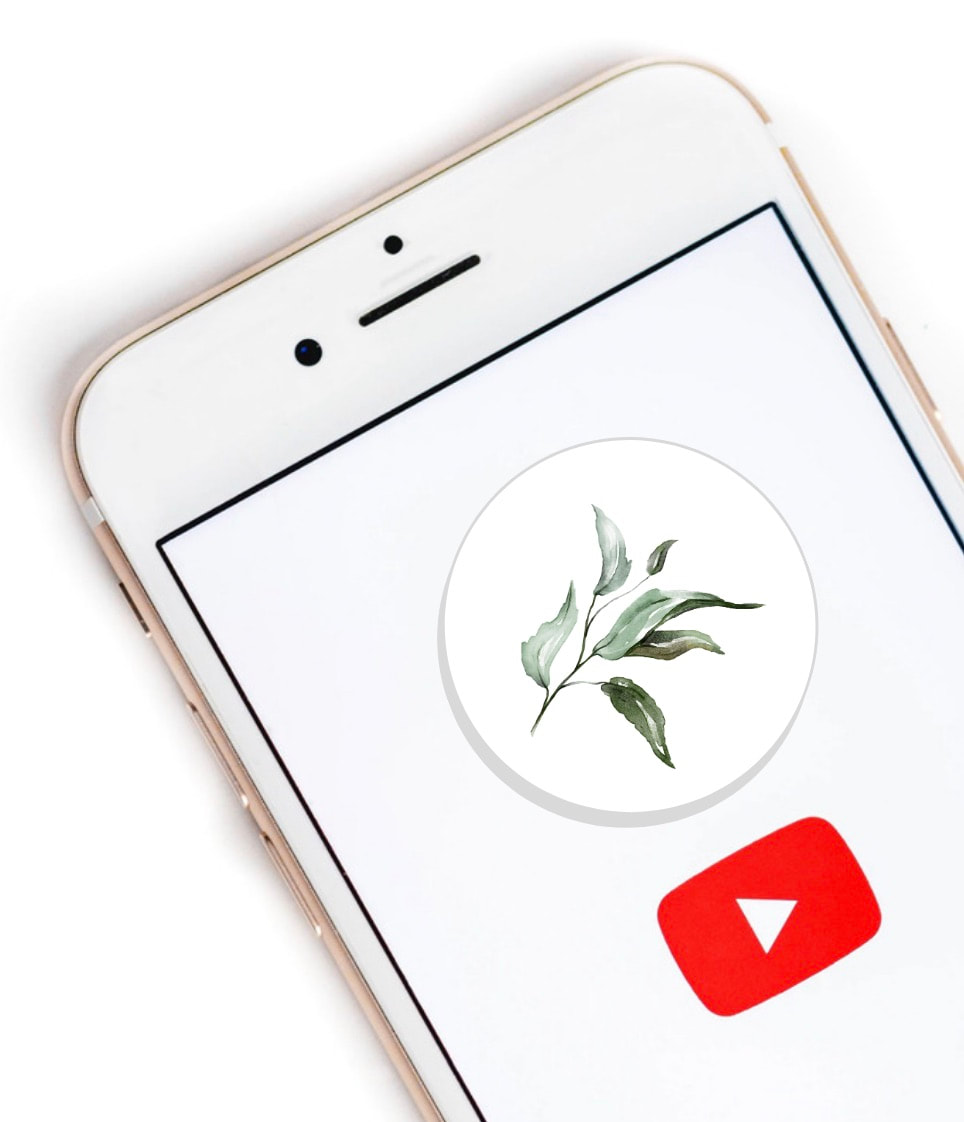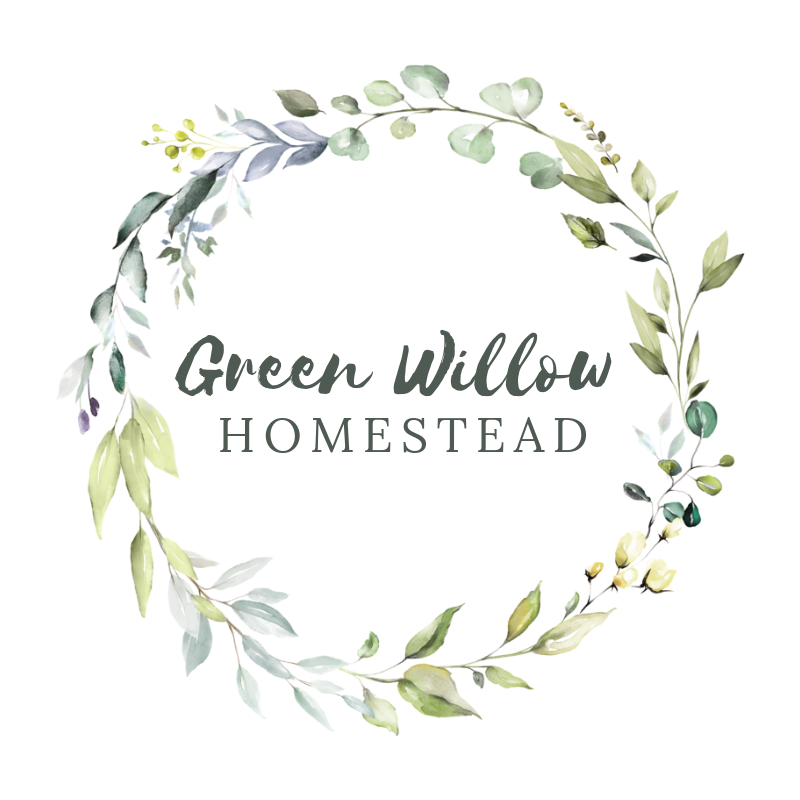|
So you’ve looked at that sunny patch of lawn or abandoned raised bed for a few years and have wondered, what if I finally started that vegetable garden I’ve been dreaming of? I’m here to give you a big old nudge to get going! There are so many joys to starting a vegetable garden, from learning more about how things grow to that first delicious bite of a tomato fresh off the vine. In this blog post, I want to go deeper than the obvious pleasures of gardening and teach you about what I think the top five reasons are you should start your own organic vegetable garden.
Tune into the Positively Green Podcast Episode 15: The Five Surprising Reasons To Start Your Organic Vegetable Garden. 1. Reduce Your Carbon Footprint
While we all become increasingly aware of climate change and its effects on our planet, we may not see as clearly where our own daily habits are contributing to its rise. Vegetables sold in grocery stores on average have traveled 1500 miles before they reach your plate. Take for example a head of lettuce grown in California and shipped to Washington DC, that’s 3,000 miles in a refrigerated truck, running on non-renewable fossil fuel for a single salad.
Greens are just one example, but I want to highlight their significant contribution to food miles (AKA the number of miles food has to travel before it reaches your plate) because of how unnecessary it is for them to take this transcontinental trek. Lettuce, kale, mustard, collard, and arugula are such incredibly easy plants to grow in your own backyard, windowsill, or balcony. They make do in nearly every single growing zone. Even if you live in an unsuitable growing zone (like the arctic or the desert), you can grow greens inside your home under a grow light. By including greens in your vegetable garden to use for salads, even for a few months out of the year, you can offset fossil fuel costs exponentially. 2. Cut Down On Plastic Use
The non-recyclable plastic packaging used to keep food fresh is a major contributor to landfills, as well as climate change. Currently, the manufacturing of plastic accounts for almost 10% of the fossil fuel being used in our food system. When food is transported many miles, it needs to be packaged to keep and not spoil, so this issue is unavoidable in our current global food system. The plastic utilized to keep food fresh is manufactured in plants that use non-renewable fossil fuels for both the packaging itself and to keep the plant running. I hate to break it to you, but in this case, a double negative doesn’t make a positive. Overall, packaging and manufacturing plants contribute to 22% of the total greenhouse gas emissions, meaning nearly a third of our emissions problems arise from manufacturing.
From there, the type of plastic used for food is usually #1, #3, #4, #5, all of which are non-recyclable. This means those plastic clamshells that hold lettuce, plastic bags that house baby carrots, and the shrink wrap that keeps cabbage fresh all wind up in a landfill. The EPA states that food packaging contributes to nearly 23% of landfill waste, and we haven’t even mentioned the plastic that winds up in our oceans. Every year our oceans are inundated with 8 metric tons of plastic, which will take on average 450 years to fully decompose. Some plastic like PET, used in plastic bottles, will never fully degrade. By growing some of your own food in your own backyard, you are cutting out the need for plastic non-recyclable food packaging. You gather tomatoes, peas, radishes, kohlrabi, and carrots without the need for it to keep for 3,000 miles. It can go right under the faucet for a quick rinse, and then right on your plate to nourish you. This simple act will not only decrease your carbon footprint but also significantly reduce your contribution to the local landfill. 3. Eat Healthier More Nutritious Food
On the whole, organic vegetables have higher nutrient and antioxidant values than conventionally raised vegetables. In a 2002 University of Missouri study, chemists were shocked to discover that the smaller organically grown oranges delivered 30 percent more vitamin C than the large conventionally grown ones. In a 2007 University of California study, they found that organically raised tomatoes contained significantly higher levels of flavonoids, a powerful antioxidant. Organic foods, on the whole, have 21% more iron and 29% more magnesium than their conventional counterparts. The list goes on and on regarding the nutritional punch we get when we eat organic.
Perhaps an even more important consideration than the nutritional benefits of eating organic are the dangers of eating conventionally grown fruits and vegetables from the grocery store. Pesticides, fungicides, and herbicides are all used in conventional agriculture. Not only do these chemicals poison our waterways, dismantle ecosystems, and compromise our soil health, they also affect our wellbeing. Glyphosate, otherwise known as Roundup, is one of the biggest culprits and most widely used herbicides in conventional agriculture. This toxin interferes with the way our genes express themselves, it causes cancer, and negatively affects the development of embryos. Even minimal levels, such as the amount you might see residually on packaged vegetables or fruits, induces cell death outright. The list of studies showing how terrible this singular herbicide is for our health is staggering, and yet it’s encouraged and marketed to conventional farmers across the globe. When you forgo store-bought conventional produce and opt to grow some of your own vegetables organically, you benefit not only your health but the environment too. 4. Get More Vitamin D
All of the vitamin D supplements available to us are no match for the real thing. Get outside and soak up the sun. Use a mineral-based sunscreen to protect your skin, but don’t fear the reason we can grow food in the first place. The sun is the only reason we’re here, without it we’d be a lifeless orb of ice. A study in 2011 stated that nearly 47% of adults are deficient in vitamin D. Why is it so crucial to your health? Vitamin D keeps your immune system in check and has shown to stave off respiratory tract infections. It helps keep your energy levels regular, preventing fatigue. A study in 2013 observed young women were much more likely to report fatigue with blood levels of vitamin D under 20ng/ml versus the women with levels above 30ng/ml. For all my fellow low back pain sufferers, vitamin D deficiency has shown a robust correlation to chronic lumbar spine issues. Another study in 2013 observed over 9000 women and found that of the women who had vitamin D deficiencies below 25ng/ml, 67% of them experienced chronic low back pain that affected their daily life.
So how do you get more of it by gardening? There are two types of vitamin D. While vitamin D2 comes from foods like mushrooms, vitamin D3 is manufactured when our skin is exposed to sunlight, particularly UVB rays. You can take Vitamin D3 in a supplement, but you can get much more of it for free from the sun. Depending on your skin type, just 15 minutes of sun exposure can produce up to 10,000 IU of vitamin D3. Sunscreen does diminish the skin’s ability to make vitamin D3, as does the sun’s position in the sky. Midday is typically the best time to grab a quick shot of sun exposure without sunscreen. So set a timer, get out in your garden and weed for 15 minutes, and then hop back in the house to apply sun protection. 5. Become More Self-Sufficient
Let’s not go full-on prepper here, but there is something to be said about becoming more self-sufficient in your day to day life. Many hobbies spring from this desire, like brewing your own beer, sewing your own clothes, and raising your own chickens. Taking an active part in your survival is not rudimentary. Instead, it’s what makes us intrinsically human. Woodworking is an inheritance from the first of our species who discovered the use of tools. Building a campfire to roast hot dogs is an iteration of the beginning of our ancestors who struck an unexpected spark to kindling. Growing your own food in a vegetable garden is a call to our universal heritage of caring for and cultivating this only world we have to call home.
The food system is dangerously fragile. I’m sure you’ve heard the line that at any given time, grocery stores only have enough food for three days at a time to serve their local population. What happens when a natural disaster strikes and leaves a store without power for refrigeration or safe access to roads to even get to the grocery store? As our food system becomes more and more globalized, food travels further and further to the mouth it feeds. This supply line in and of itself is fragile, as we’ve seen when food-borne illnesses arise or workers go on strike. Bypass just a little bit of that fragility and start a vegetable garden for yourself and your family. So what are you waiting for? Be an active part of your humanity and grow something you can eat without the help of massive agri-business, tons of fossil fuels, and mountains of non-recyclable plastic. Do you want some help getting started? Check out my blog post, How to get started with organic gardening. Happy reading! Thank you!You have successfully joined our subscriber list.
6 Comments
7/17/2018 11:12:17 pm
I am currently at the age of retirement and I guess that I will plan for having a house somewhere in rural areas. I am really dreaming of having a simple life like this even before. Unfortunately, my husband wanted us to have a life like this, but he already passed away. I will still continue our dreams even though I am the only one. Vegetables are so important in one's body, I guess that I needed to learn planting too. I was focused in marketing industry and was not able to learn something like this.
Reply
7/2/2021 03:52:40 am
The blog post you published here about 5 reasons to start an organic vegetable garden is very knowledgeable. Thanks for sharing such a great post with us.
Reply
8/11/2021 06:46:04 pm
I am lucky to found this website coz more good articles here. Many good quality of information a useful content to share. Anyways, I just wanna share about the benefits of Genuine Haarlem Oil for the health of human especially nowadays were facing pandemic we need to boost our immune system to fight against deadly covid19 or any variant of viruses. Genuine Haarlem Oil has demonstrated its effectiveness in preventing respiratory illness, passive and active smoking, unhealthy diets and rheumatoid arthritis. It is an energy supplement that promotes recovery after exercise, avoids aches and reduces mental fatigue. Revitalizes your nails and helps you to keep a shiny and healthy hair. It is also good for your animal friends.
Reply
10/4/2023 07:14:29 am
Useful submit! I really want this sort of article.. that is very beneficial for me.
Reply
1/5/2024 01:34:46 am
Usually I never comment on blogs but your article is so convincing that I never stop myself to say something about it. Really helpful.
Reply
Leave a Reply. |
Meet Kelsey,Thanks for stopping by Green Willow Homestead! From chicken rearing to composting, we've got our hands full and we love sharing what we've learned along the way. Follow along as we turn the 80 acres we call home into a farm that serves its community and a homestead that nourishes us throughout the seasons. Grab the EbookListen in!FREE Guide!Tune in to our YouTube ChannelInspirationsCategories
All
Favorite Books of 20241. Erosion
2. Braiding Sweetgrass 3. As Long As Grass Grows 4. The Small Scale Poultry Flock 5. The Zero Waste Solution Archives
April 2024
|
FOLLOW KELSEY ON INSTAGRAM!
As an Amazon Associate I earn from qualifying purchases. |


